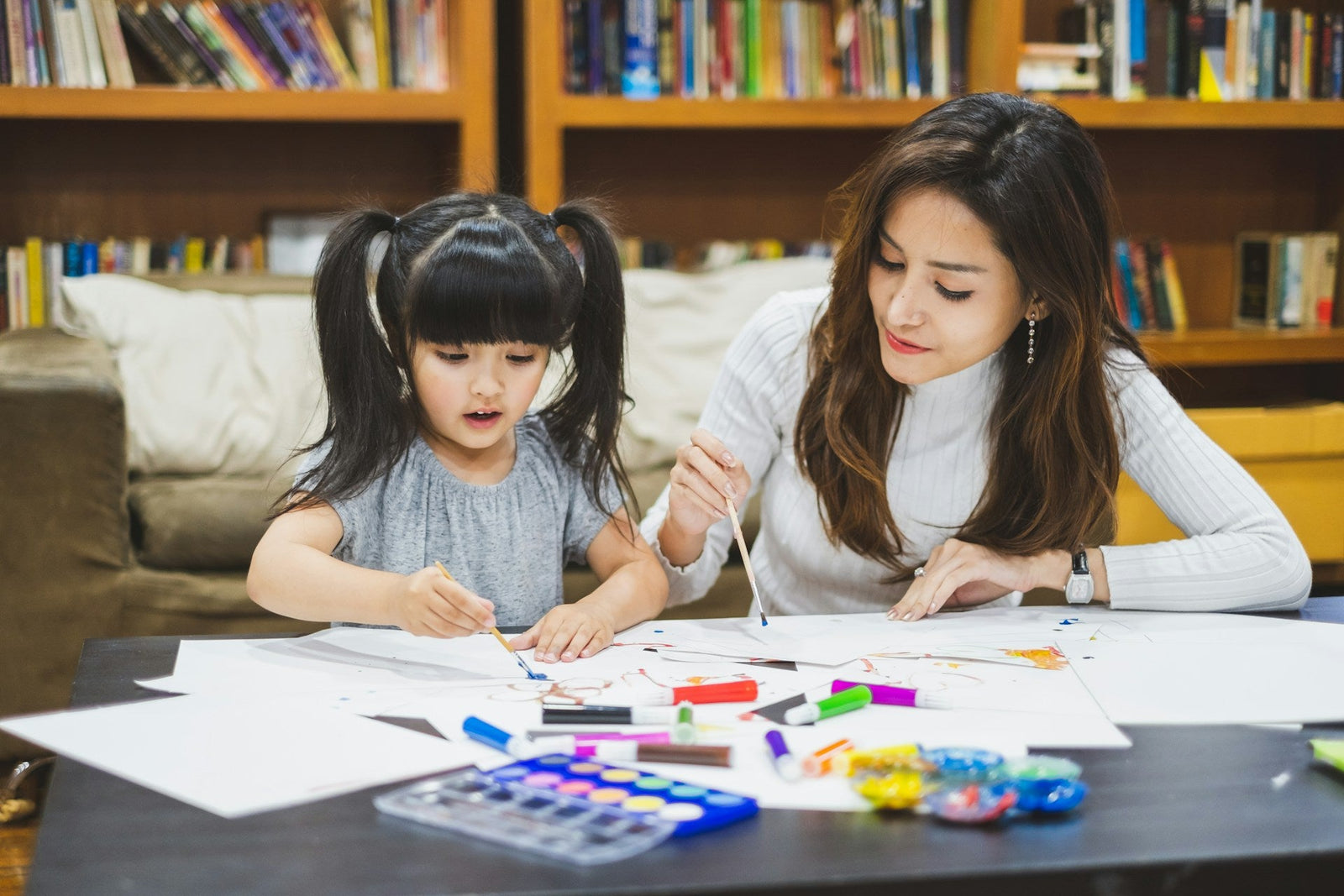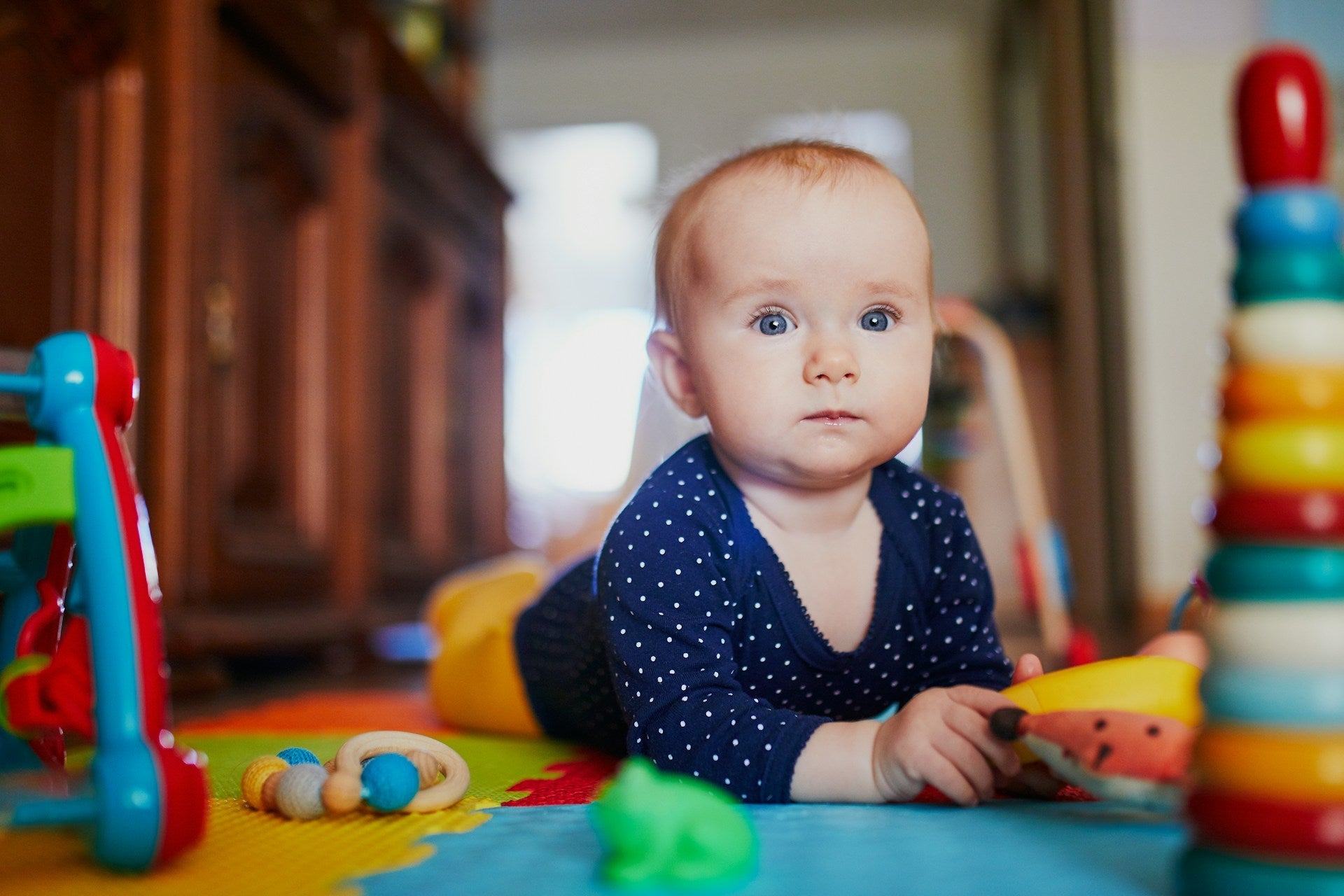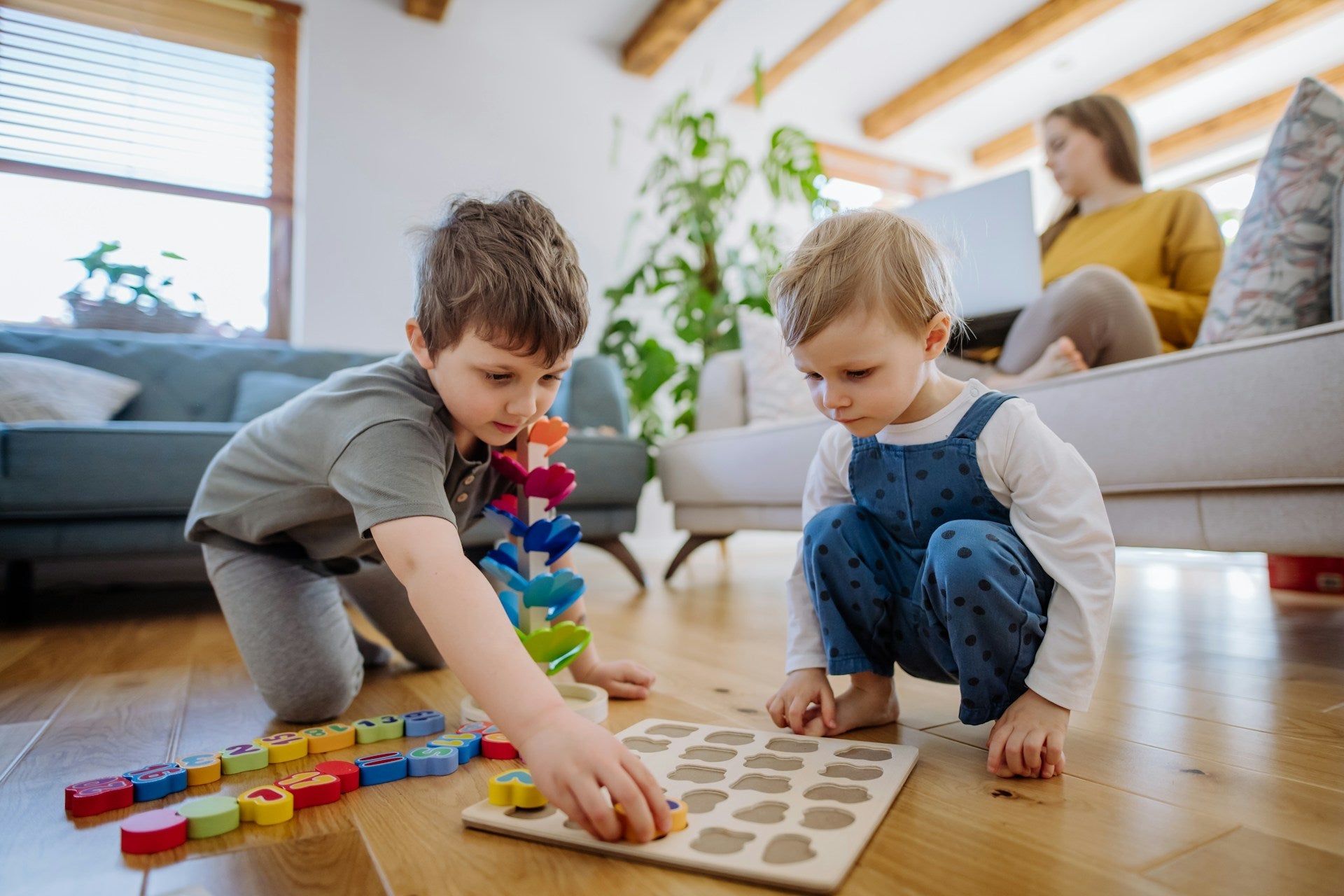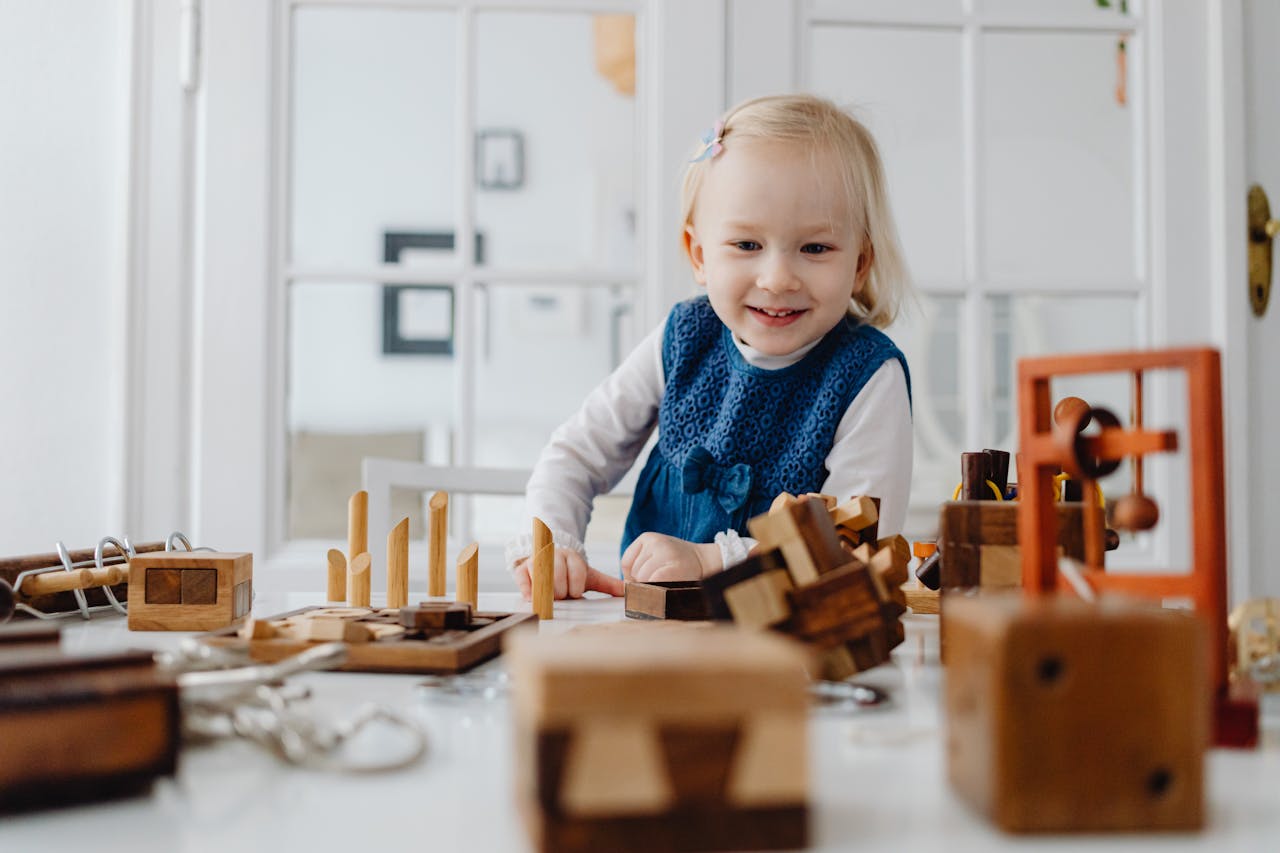What to Expect in Your Child’s Development at Age Three

Turning three is a magical time for your child, filled with incredible growth and exploration. At this age, children start to assert their independence and curiosity. Each day becomes an adventure as they begin to understand more about themselves and the world around them. This period is marked by swift development in various areas, including emotional, social, and cognitive aspects.
During this stage, three-year-olds experience significant changes in behavior and personality. Their social skills blossom as they engage in imaginative play and interact with peers, learning to share and cooperate. Emotions can be intense, with newfound feelings of pride and frustration appearing alongside their growing vocabulary.
Cognitively, three-year-olds are like little sponges, absorbing information rapidly. They love to ask questions and explore everything that piques their interest. Physically, you might notice their movements becoming more coordinated as they refine both gross and fine motor skills. Understanding these milestones helps you support your child during this exciting transition, ensuring they flourish and enjoy their journey of discovery.
Key Milestones in Emotional and Social Development
At age three, children undergo significant changes in emotional and social development. This critical stage sees a shift towards greater independence and awareness of social surroundings. Kids start forming friendships and engaging in cooperative play, which is essential for building social skills. They begin to understand the importance of sharing and taking turns, often requiring gentle reminders to navigate interactions smoothly.
Emotionally, three-year-olds experience a broader range of feelings. They might show affection through hugs and express empathy by responding to others' emotions. Parents might notice their child expressing pride in achievements, like completing a puzzle by themselves. It’s common for children to experience frustration when they can't achieve a desired outcome, and this helps them learn patience and perseverance.
Children at this age often engage in imaginative play, allowing them to experiment with social roles and practice real-world interactions. This creative play fosters empathy and problem-solving skills by encouraging them to see things from different perspectives.
These experiences set the foundation for healthy emotional and social development, promoting a child's ability to relate to others and express themselves effectively.
Cognitive Growth and Exploration
Three-year-olds are eager learners, exploring the world with boundless curiosity. Their cognitive skills expand rapidly, and they're keen to know how things work. You'll often hear "why" questions as they try to make sense of everything around them. This inquisitiveness is a natural part of their cognitive growth.
Language development is a significant milestone at this age, as vocabulary increases and sentence structuring becomes more complex. Children begin understanding basic grammar rules and can follow multi-step instructions. Storytime is an excellent way to foster language skills, as it exposes kids to new words and concepts while strengthening comprehension.
Problem-solving abilities also take center stage. Kids start understanding cause and effect, and they experiment with different solutions to tackle challenges. Puzzles, blocks, and simple games are ideal tools for honing these skills. Logical reasoning begins to develop, supporting their ability to categorize objects based on attributes like shape, color, or size.
These nurturing experiences help children build an essential cognitive framework, preparing them for future learning stages while satisfying their innate curiosity.
Physical Development and Motor Skills
At age three, children make considerable strides in physical development and motor skills. Their energy seems boundless as they explore and test their physical limits. This stage offers many opportunities to fine-tune both gross and fine motor abilities, crucial for overall growth and coordination.
Gross motor skills include movements involving large muscle groups. Three-year-olds become more confident in running, jumping, and climbing. They can easily navigate stairs with alternating feet and may start riding a tricycle with enthusiasm. These activities strengthen their muscles and improve balance and coordination.
Fine motor skills involve smaller, more precise movements. Kids this age begin to hold writing utensils with better control, allowing them to draw shapes or even basic letters. They'll enjoy activities like threading beads, working with playdough, and simple crafts that enhance dexterity and hand-eye coordination.
Supporting physical play and motor skill development at this age lays the foundation for a healthy, active lifestyle and prepares children for more complex movements as they grow.
Encouraging Play and Learning Activities
Play is a vital part of a three-year-old’s development, offering countless learning opportunities. Through play, children explore their surroundings, develop new skills, and gain knowledge. Choosing activities that support growth across various domains can foster well-rounded development.
Structured and unstructured play both contribute to learning. Structured activities, like games with rules, teach children how to follow instructions and take turns. Unstructured play, such as free play with toys or in nature, allows creativity to flourish, encouraging imagination and problem-solving.
Consider these play and learning activities for your child:
1. Creative Arts: Introduce drawing, painting, and crafts to boost fine motor skills and creativity.
2. Building Blocks: Encourage building with blocks or Legos for spatial awareness and cooperation.
3. Musical Play: Expose your child to music and rhythm through singing or playing simple instruments.
4. Outdoor Adventures: Spend time outdoors exploring parks or nature trails to develop gross motor skills and an appreciation for nature.
These activities foster not only physical and cognitive growth but also emotional and social skills, ensuring your child benefits from a balanced and enriching playtime experience.
Conclusion
Understanding the development milestones of three-year-olds provides insight into their growing world. Each milestone in emotional, social, cognitive, and physical domains shapes a child’s journey, helping them build the skills needed for future success. Parents play a crucial role in guiding and supporting their child's development through engaging in play activities and creating a nurturing environment.
Providing a range of play opportunities helps children explore their interests and talents while growing more confident and independent. Observing your child’s achievements gives you a glimpse into their unique personality and provides joyful moments to celebrate together. As parents support learning at home with activities that align with developmental needs, they lay a solid foundation for lifelong learning and personal growth.
For parents seeking innovative ways to support their child's development, Hatchberry offers Montessori products and activities designed to inspire and engage. Unlock your child's full potential by exploring our selection of tools and ideas tailored to enrich your child's learning experience and foster their natural curiosity. Shop now.








